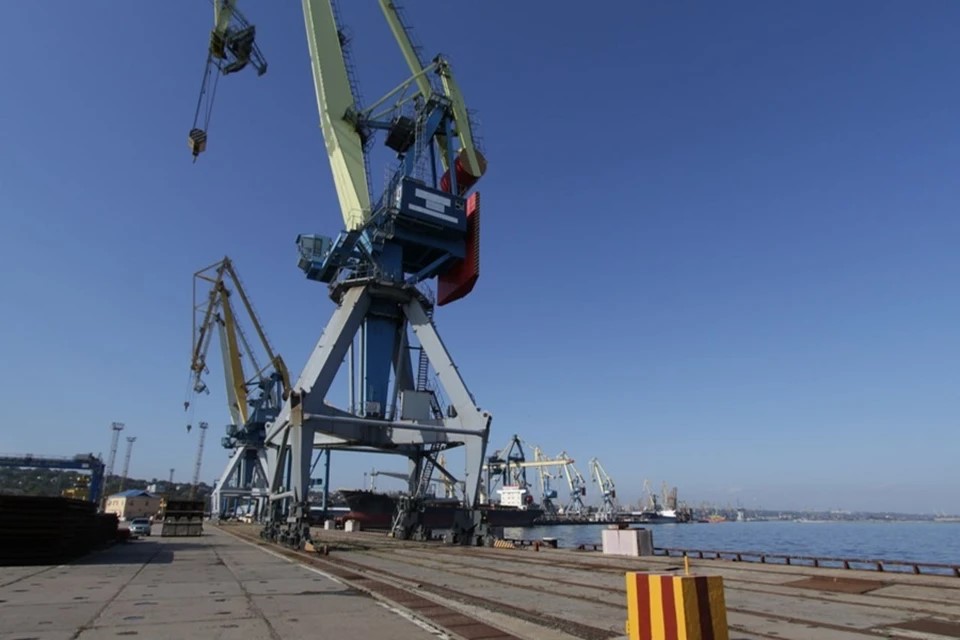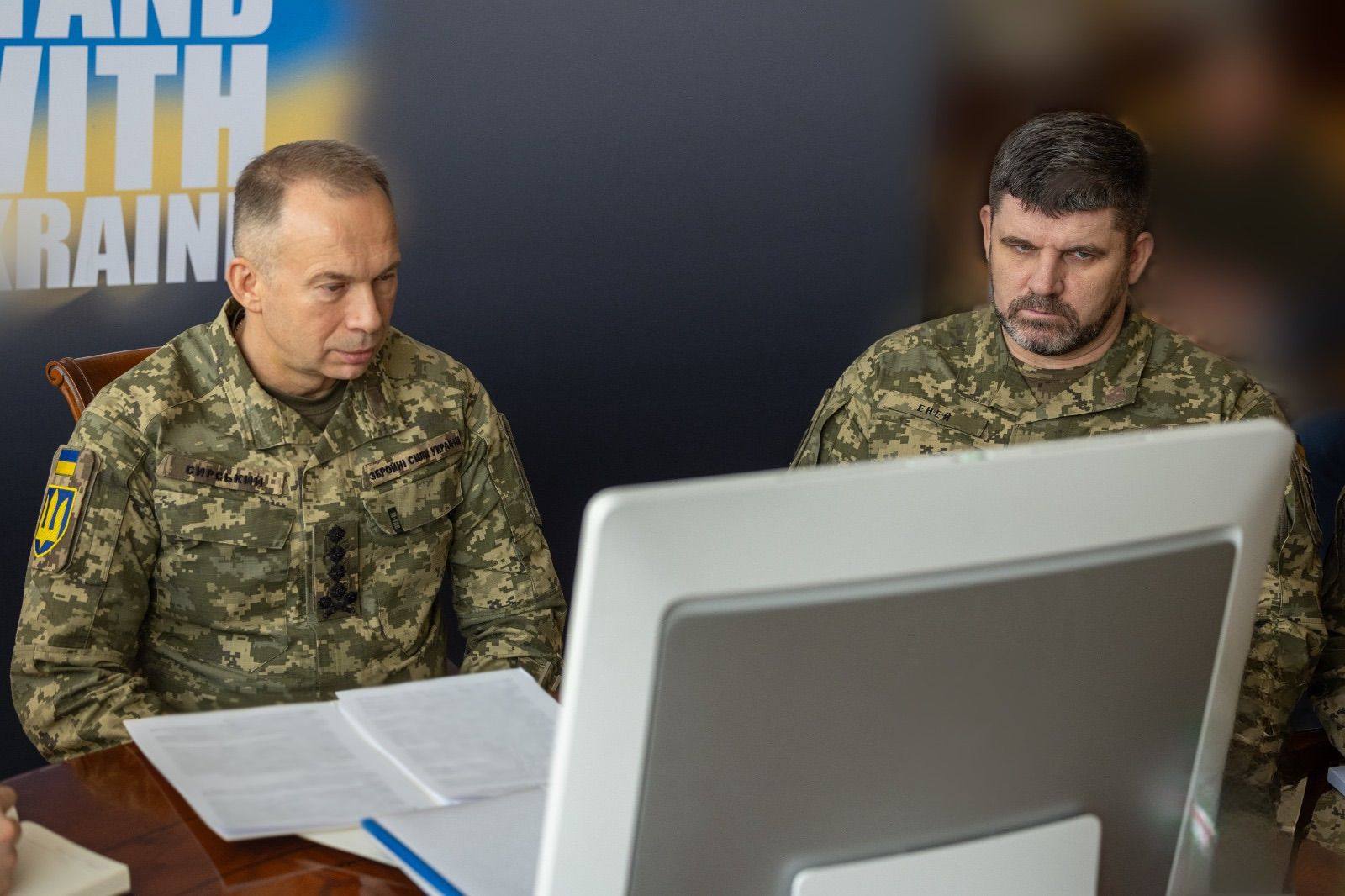On the eve of the June meeting of Russia’s central bank, the struggle for influence over monetary policy has escalated into a sharp confrontation. Finance Minister Anton Siluanov has launched an aggressive political and information campaign against the central bank on behalf of pro-Kremlin business groups demanding an immediate cut in the key interest rate. The head of the regulator, Elvira Nabiullina, is under pressure.
The pressure campaign involves not only statements from the Russian government — in the Russian information space, there are active messages about a possible dismissal of Nabiullina, allegedly due to her unwillingness to yield to business interests. These rumors coincide with the start of an audit of the central bank’s monetary policy by the Accounts Chamber — another tool used by opponents of the regulator’s strict monetary line.
On May 19, Siluanov directly accused the central bank in a TV interview of restraining the economy, citing the slowdown in GDP growth (down to 1.4% year-on-year in Q1) and a decrease in lending rates. The minister does not hide the fact that the high interest rate hurts the budget and reduces the income of pro-Kremlin oligarchs. In other words, business and the state are demanding the regulator return to a policy of “cheap money.”
Behind this tactical dispute lies a strategic crisis: the Russian economy is under unprecedented Western sanctions imposed in response to the full-scale invasion of Ukraine. Isolation from international markets, capital flight, shortage of technology and financial resources — all of this has forced the central bank into survival mode, strictly controlling inflation and currency.
For Nabiullina, maintaining the high rate is the last safeguard against financial destabilization. For Siluanov and the business interests he represents, it is a guillotine cutting profits, credit programs, and the tax base. Pressure from the business association "Delovaya Rossiya," which made direct contact with Putin on May 13, confirms that a powerful coalition front has formed against the regulator.
Against this backdrop, two scenarios are possible for the central bank meeting on June 6: keeping the rate at 21% with a political hint of a cut in July — or a partial concession under pressure with a rate cut of 0.25% to 1%.




















